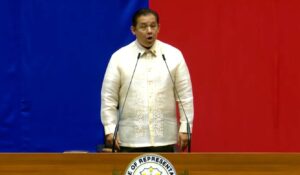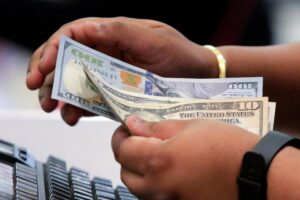Menu
- Daily
DICT Backs BSP’s Push for Zero Fees on Personal, MSME Fund Transfers
BSP digital ecosystem initiative, BSP Remolona DICT proposal, DICT BSP zero transfer fee, DICT digital economy PH, DICT support BSP 2025, electronic transfer fee waiver, Featured, MSME digital payment reform, MSME fund transfers no fee, OFW remittance no deduction, Philippines digital payments policy - National
DICT Backs BSP’s Push for Zero Fees on Personal, MSME Fund Transfers
BSP digital ecosystem initiative, BSP Remolona DICT proposal, DICT BSP zero transfer fee, DICT digital economy PH, DICT support BSP 2025, electronic transfer fee waiver, Featured, MSME digital payment reform, MSME fund transfers no fee, OFW remittance no deduction, Philippines digital payments policy - International
Hotel101 to Develop 10,000 Affordable Rooms in Saudi Arabia Under $2.5B Expansion Deal
affordable hotel chain Saudi Arabia, DoubleDragon hotel project, DoubleDragon Nasdaq listing, Edgar Injap Sia II Hotel101, Featured, global condotel model, Hannah Yulo-Luccini, Hotel101 Horizon Group partnership, Hotel101 Medina Riyadh Jeddah, Hotel101 Saudi Arabia expansion, Vision 2030 tourism Saudi - Editorial
- Next Negosyante
- Crypto News






















Comments are closed for this article!